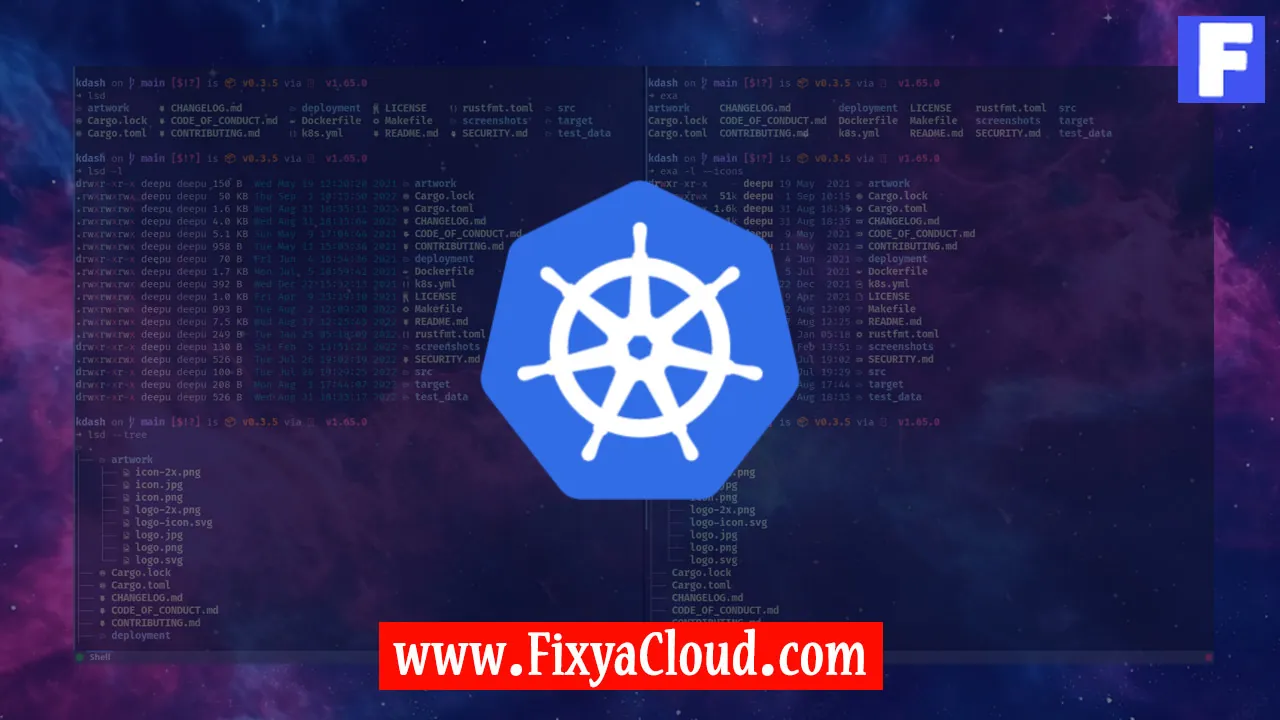Fix Cert-Manager Conflict with EKS

In the world of Kubernetes, managing certificates is a crucial aspect of securing your applications. Cert-Manager, a widely used Kubernetes add-on, simplifies certificate management by automating the issuance and renewal of TLS certificates. However, when integrating Cert-Manager with Amazon's managed Kubernetes service, EKS (Elastic Kubernetes Service), conflicts may arise, posing challenges for users. This article will guide you through resolving Cert-Manager conflicts with EKS, ensuring a smooth and secure certificate management process.
Understanding the Conflict:
Before diving into the resolution process, it's essential to understand the nature of the conflict between Cert-Manager and EKS. Typically, the conflict arises due to differences in the way EKS manages resources and permissions compared to a standard Kubernetes cluster. To address this, we'll explore the necessary steps to harmonize Cert-Manager with EKS.
Identifying the Issue:
Check Cert-Manager Installation:
Ensure Cert-Manager is correctly installed in your EKS cluster by running the following command:
kubectl get pods -n cert-manager
If the pods are not running or in an error state, it indicates a potential issue with the Cert-Manager installation.
Review Cert-Manager Logs:
Inspect the Cert-Manager logs to identify any specific errors or warnings:
kubectl logs -l app=cert-manager -n cert-manager
Look for messages that might indicate conflicts or issues with resource permissions.
Resolving Cert-Manager Conflicts:
Update RBAC Permissions:
Amazon EKS often requires additional RBAC (Role-Based Access Control) permissions. Update the RBAC permissions for Cert-Manager by applying the necessary roles and role bindings:
kubectl apply -f https://github.com/jetstack/cert-manager/releases/download/v1.5.3/cert-manager.yaml
kubectl apply -f https://github.com/jetstack/cert-manager/releases/download/v1.5.3/cert-manager.crds.yaml
This step ensures that Cert-Manager has the required permissions to interact with EKS resources.
Configure IAM Roles:
In EKS, IAM (Identity and Access Management) roles play a crucial role. Ensure that the nodes in your EKS cluster have the necessary IAM roles to interact with ACM (AWS Certificate Manager) and other AWS services:
- Attach the required IAM policies to the worker node IAM role.
# Example command (replace <role-name> with your actual role name)
aws iam attach-role-policy --role-name <role-name> --policy-arn arn:aws:iam::aws:policy/AWSCertificateManagerFullAccess
Validate Cert-Manager Resources:
Ensure that Cert-Manager resources are correctly configured. Check for any misconfigurations or errors in the following:
- ClusterIssuer
- Certificate
- Issuer
Use the following commands for validation:
kubectl describe clusterissuer <clusterissuer-name> -n <namespace>
kubectl describe certificate <certificate-name> -n <namespace>
kubectl describe issuer <issuer-name> -n <namespace>
Verifying the Resolution:
After implementing the necessary changes, validate that Cert-Manager is functioning correctly within your EKS cluster:
kubectl get pods -n cert-manager
Ensure all Cert-Manager pods are in the "Running" state, indicating a successful resolution of the conflicts.
Managing Cert-Manager conflicts with EKS requires a comprehensive approach that addresses RBAC permissions, IAM roles, and resource configurations. By following the steps outlined in this guide, you can overcome these challenges and ensure a seamless integration of Cert-Manager with your EKS cluster. Remember to regularly monitor your setup and stay informed about updates to Cert-Manager and EKS to maintain a secure and well-functioning Kubernetes environment.
Related Searches and Questions asked:
That's it for this topic, Hope this article is useful. Thanks for Visiting us.
